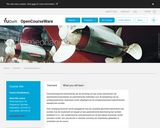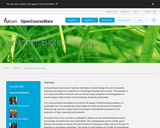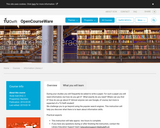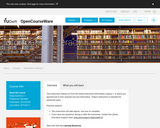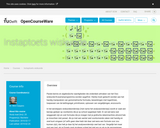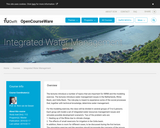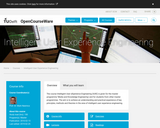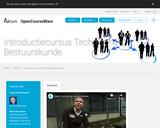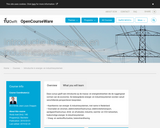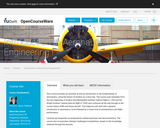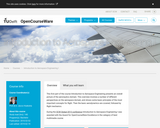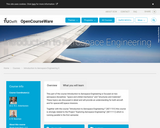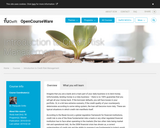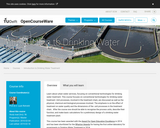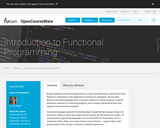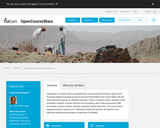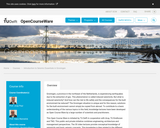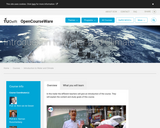
In dit college wordt een introductie gegeven van een groot aantal facetten van de scheepshydromechanica en hun onderlinge samenhang zoals die later in de studie meer als geisoleerde onderwerpen aan bod komen. Behandeld worden: de hydrostatica, de geometrie beschrijving van het schip, inleiding lijnenplan, het begrip stabiliteit, de stabiliteit van drijvende lichamen, eenvoudige stabiliteit berekening bij kleine helling hoeken, de weerstand van lichamen onder water en aan het oppervlak, eenvoudige weerstand benaderings methoden voor schepen, de model wetten in de hydromechanica, de extrapolatie methode van Froude, de lift van een vleugel, de vleugel karakteristieken, de toepassing hiervan bij voortstuwing en bij scheepsschroeven, de schroef karakteristieken en een eenvoudige schroef berekening, en tenslotte de fysica van het zeilen en zeilvoortstuwing. Leerdoelen De student kan: 1. de basis van systeem analyse beschrijven (buitenwereld, interfaces, beperkingen, objecten, relaties enz.) 2. maritieme systemen zoals schip/motor/schroef beschrijven en modelleren met behulp van beperkte systeem analyse methodologie; eenvoudige maritieme systemen modelleren door onderverdeling in subsystemen en componenten 3. evenwicht condities van maritieme systemen bepalen en kwalitatief analyseren 4. de definities en belangrijkste karakteristieken van weerstand, voortstuwing en manoeuvreren (snelheid, weerstand, vermogen, RPM, draaicapaciteit) begrijpen en toepassen 5. de relaties tussen algemeen vloeistof dynamica en scheepshydromechanica (bijv. lift/aerodynamica/zeilen; visceuze stroming/Reynolds getal/volgstroomvelden/voortstuwingsrendement; laminair & visceuze stroming/weerstand; niet visceuze stroming/golf patronen/weerstand) beschrijven 6. de achtergrond van de belangrijkste schaal regels (Newton, Froude, Reynolds) d.m.v dimensie analyse uitleggen 7. schaalregels voor schaalmodel experimenten in een sleeptank toepassen en potentiĚÇle complicaties identificeren
- Subject:
- Hydrology
- Physical Science
- Material Type:
- Full Course
- Lecture
- Lecture Notes
- Reading
- Provider:
- Delft University of Technology
- Provider Set:
- Delft University OpenCourseWare
- Author:
- P. de Jong
- Date Added:
- 02/24/2016
